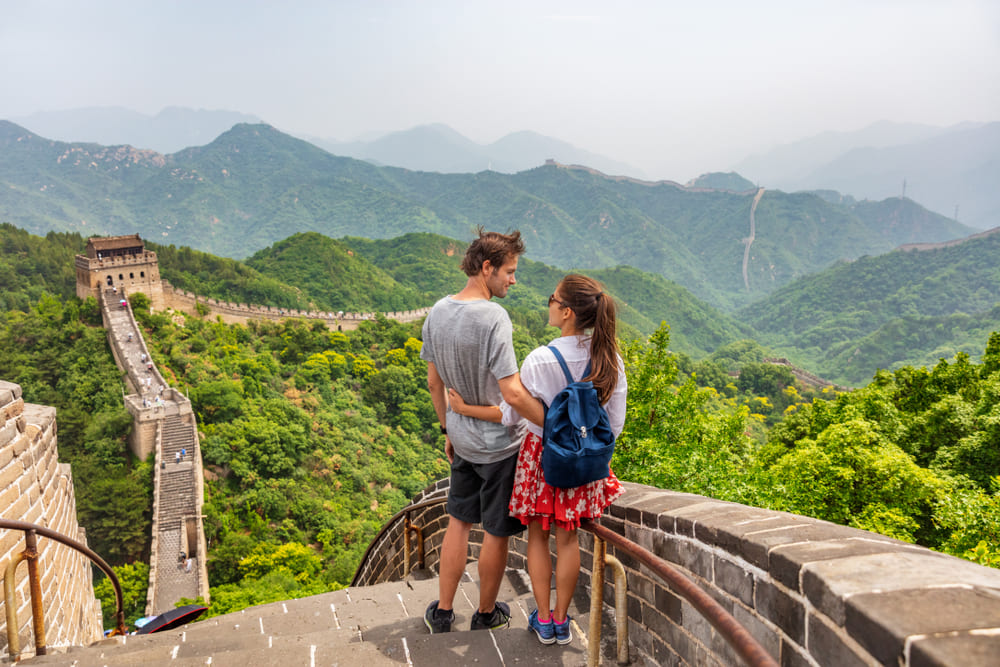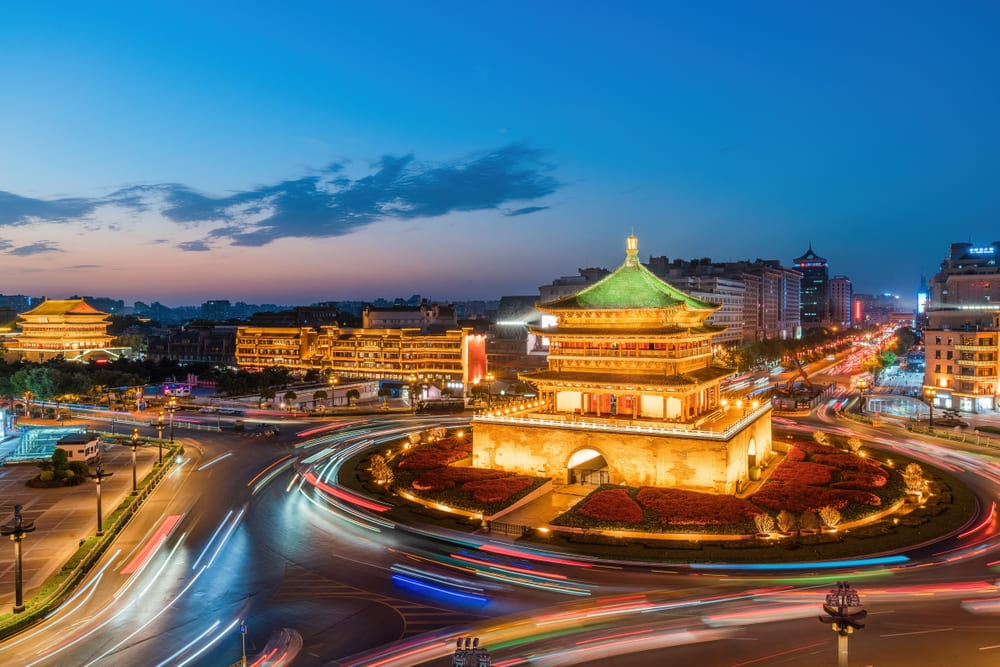
Planning a trip to China can feel overwhelming — but we make it simple.
From hand-picked accommodations and travel guidance to entry requirements and arrival documents, our team is here to ensure your journey is smooth and stress-free.
Whether you’re visiting for the history, the culture, or the breathtaking scenery, we take care of the details so you can focus on enjoying the experience.
Read MoreBest Hotel Deal
Get Started Now
Expert Support
Our team provides expert guidance to help you find your dream accommodation and help you book your perfect stay.
Real-Time Updates
Stay informed throughout the booking process with timely email and SMS notifications. We keep you updated and informed.
Streamlined Process
We make the process hassle-free by breaking down the process and helping your understand your reservations and trip information.
Proven Track Record
Thousands of successful dream holidays booked and enjoyed. We are IATA certified which allows us access to the best vacation and holiday partners on the market.
Travel Information

Currency
The official currency of China is the Renminbi (RMB), commonly known as the Yuan (CNY). Banknotes and coins are widely used, with 1 Yuan divided into 10 Jiao and 100 Fen. Credit cards are accepted in major cities, but mobile payment apps like WeChat Pay and Alipay are the most common methods of payment.
Official Language Spoken
The official language is Mandarin Chinese (Putonghua), spoken throughout the country. However, China is home to many regional languages and dialects, including Cantonese in Guangdong and Hong Kong, Shanghainese in Shanghai, and Tibetan in Tibet.
Population
1.41 billion
Weather and Climate
China’s vast size means it experiences a wide range of climates. Northern regions have cold, dry winters and hot summers, while southern areas are generally warmer and more humid year-round. The eastern coast has a monsoon climate with distinct wet and dry seasons, while western areas such as Xinjiang and Tibet feature arid deserts or high-altitude conditions.
Cities
Beijing

China’s capital blends ancient heritage with modern energy. Home to world-famous landmarks like the Forbidden City, the Temple of Heaven, and nearby sections of the Great Wall, Beijing is where centuries of imperial history meet contemporary culture, cuisine, and cutting-edge architecture.
Shanghai

A global metropolis with a dazzling skyline, Shanghai is China’s hub for fashion, finance, and nightlife. From strolling along the Bund to exploring the futuristic Pudong district or relaxing in traditional gardens, the city offers a mix of East and West that captivates visitors.
Xi’an

Once the starting point of the Silk Road, Xi’an is best known for the awe-inspiring Terracotta Army. With its ancient city walls, lively Muslim Quarter, and rich cultural traditions, Xi’an provides a journey into China’s deep past while still embracing the present.
Frequently Asked Questions – Traveling to China
Do I need a visa to visit China?
Most travelers require a visa to enter China. The type of visa depends on your purpose of travel (tourism, business, study, etc.). Some cities offer short visa-free transit for international layovers
What is the currency in China, and how can I pay?
The official currency is the Chinese Yuan (CNY/RMB). While cash is still used, mobile payment apps like Alipay and WeChat Pay are the most common methods. Major hotels and shops in big cities also accept international credit cards.
When is the best time to visit China?
Spring (April–May) and autumn (September–October) are ideal, with mild weather and fewer crowds. Summer can be hot and busy, while winter is cold in the north but a good time for skiing or visiting fewer-crowded attractions.
Is English widely spoken in China?
English is spoken in major cities, hotels, and tourist areas, but less so in rural regions. Learning a few basic Mandarin phrases or using a translation app can make travel easier.
What are some must-see attractions in China?
Top highlights include the Great Wall of China, Forbidden City, Terracotta Army, Li River in Guilin, Zhangjiajie National Park, and the modern skyline of Shanghai.
Are there any cultural tips I should know before visiting?
Yes! Respect local customs — for example, it’s polite to accept items with both hands, avoid sticking chopsticks upright in rice, and dress modestly when visiting temples. Showing respect for traditions will make your experience more enjoyable.

